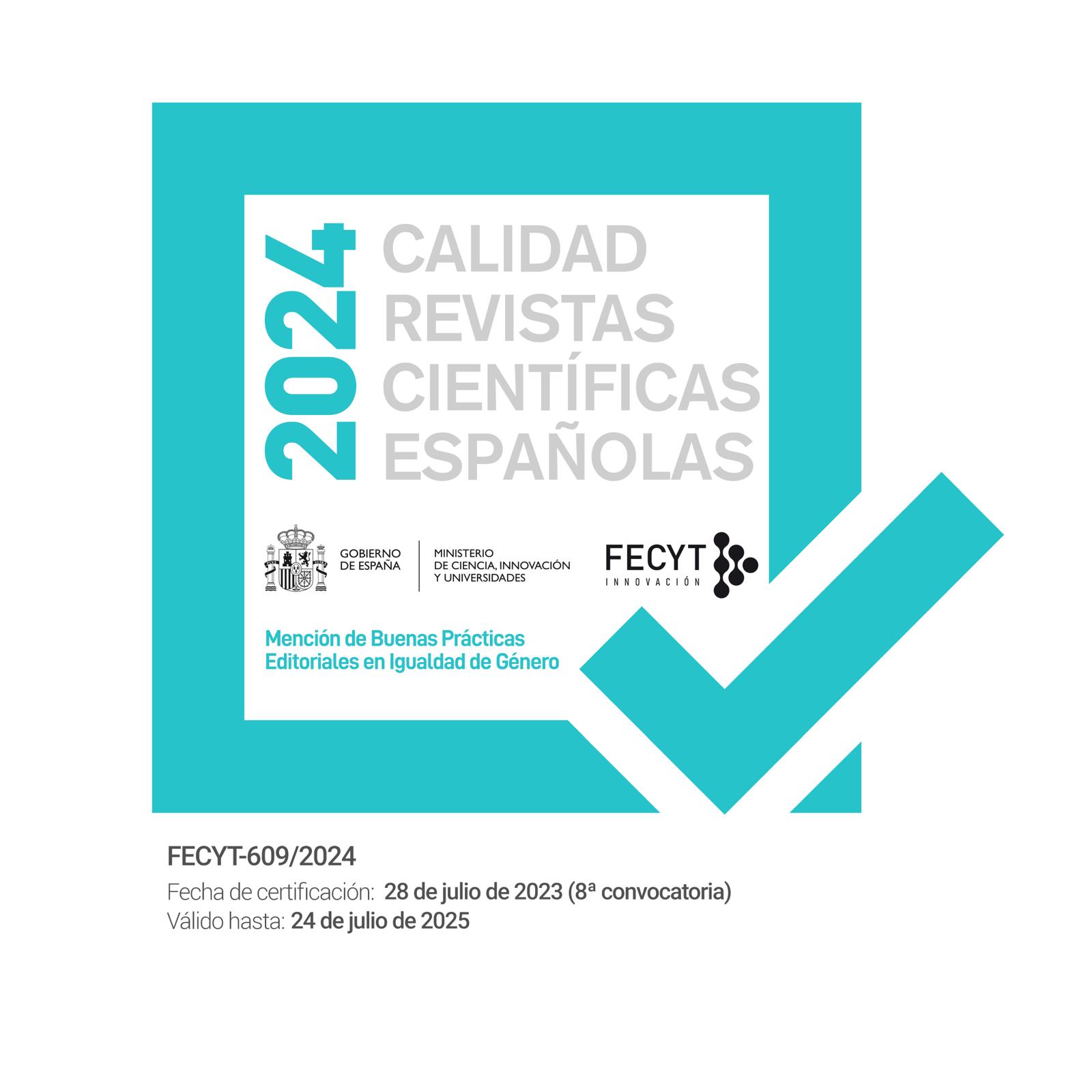La poesía en "La gitanilla": ¿Es Preciosa "Algo desenvuelta, pero no de modo que descubriese algún género de deshonestidad"?
DOI:
https://doi.org/10.35869/hafh.v21i0.1334Palabras clave:
Poesía, Disonancia, Libertade, DenunciaResumo
No ronsel dos artigos de Monique Joly e de Francisco Márquez Villanueva, este traballo pon de realce como Cervantes recorreu á poesía para liberar a palabra dun personaxe feminino: unha gitanilla cuxos orixes nobres descóbrense ao final da novela exemplar. En contrapunto co eloxio recurrente da honestidade de Preciosa, aparecen numerosas disonancias a través dunha expresión metafórica e ambigüa que está ao servizo da denuncia dunha sociedade xerarquizada inxusta e hipócrita. Os versos dedicados á bonaventura son o espazo predilecto de devandita denuncia. Preciosa, identificada coa poesía, encarna a liberdade á que Cervantes ten tanto apego para crear e recrear xogando cos códigos literarios da época. Termina a reflexión cunha comparación entre a voz de Preciosa e a de Altisidora que en El Quijote de 1615 revélase experta na arte da burla verbal nos versos dos capítulos 44 e 57.















